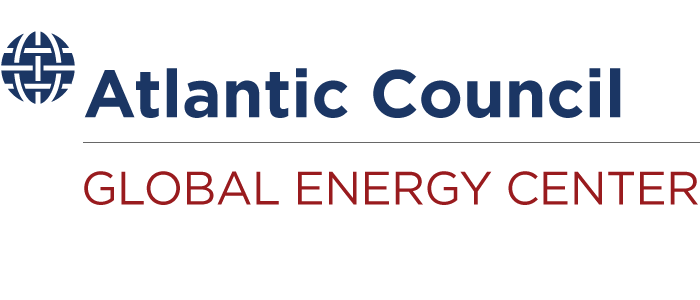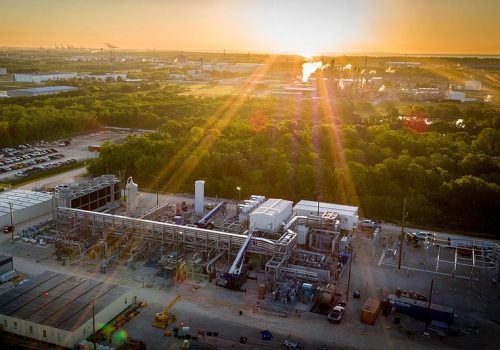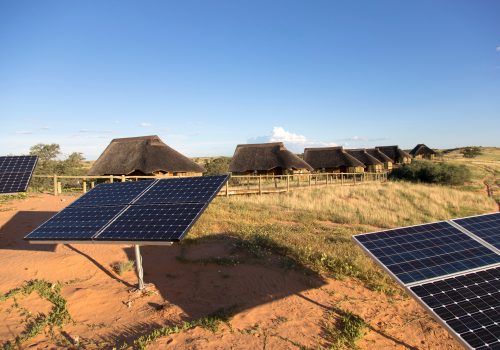The Atlantic Council Global Energy Center’s Women Leaders in Energy and Climate Fellowship is a one-year, unpaid, nonresident fellowship program for early to mid-career rising women leaders in the energy and climate fields.
The program provides professional development for young women by cultivating their leadership potential, facilitating mentoring sessions with senior women leaders in the energy sector, and providing opportunities for public speaking and writing. The program is open to women under the age of 35 with at least three to five years of experience in the energy and climate fields.
2024 FELLOWS ANNOUNCED
MEET THE 2024 FELLOWS
REFLECTIONS FROM 2023 FELLOWS
In March 2024, the Women Leaders in Energy and Climate Fellows visited Washington, DC for a study tour as part of the fellowship program to discuss women’s participation to drive progress toward a cleaner and more efficient energy system. Read their takeaways below.
STAFF
commentary & analysis
Working with a wide-ranging community of experts and stakeholders, the Women Leaders in Energy fellows provide timely commentary and analysis on the geopolitical, sustainability, and economic challenges of the changing global energy landscape.

The Global Energy Center promotes energy security by working alongside government, industry, civil society, and public stakeholders to devise pragmatic solutions to the geopolitical, sustainability, and economic challenges of the changing global energy landscape.




















